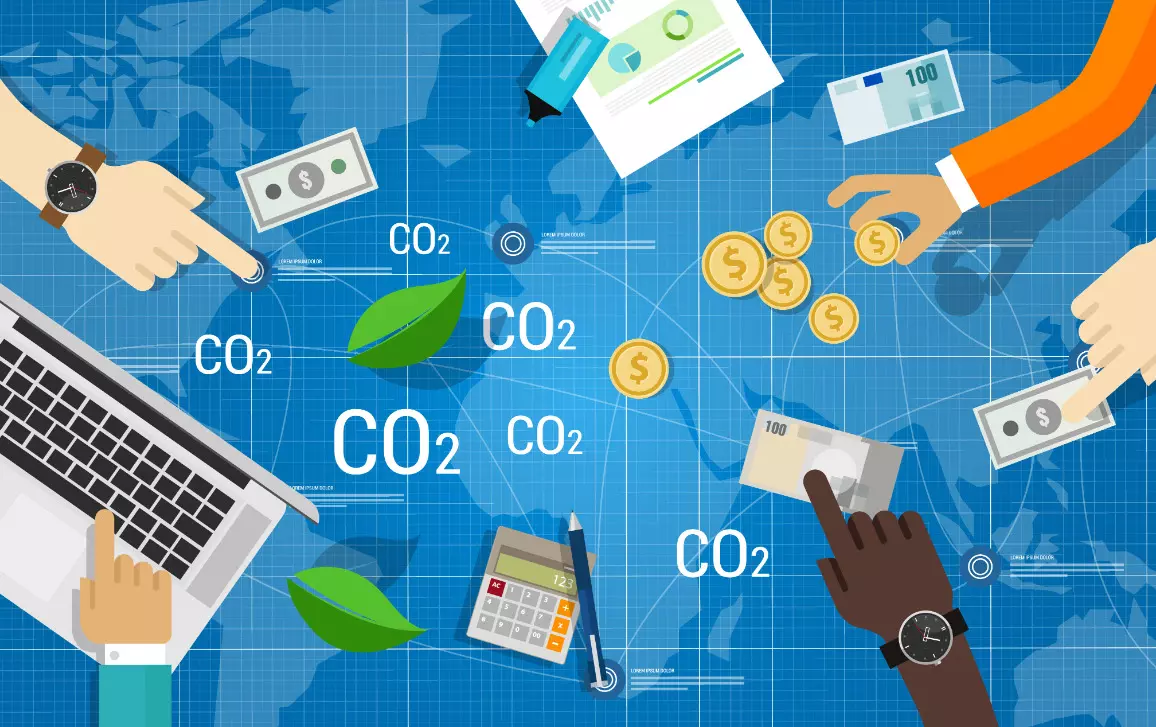A viable antidote?
European Union’s ‘unilateral’ Carbon Border Adjustment Mechanism violates the principles of cooperation and solidarity and breaches the ‘nationally determined’ framework under the Paris Agreement

A year ago, the Group of Seven (G7) leaders from the US, the UK, Canada, France, Germany, Italy, and Japan came together to form the ‘G7 Climate Club’. The stated objective was “to encourage nations with bold climate goals to join forces as a way to speed up the transition towards net-zero emissions by 2050 and contribute to reaching the targets of the Paris Agreement on climate change. “They add that they would help coordinate and sort out implementation issues of measures like the EU’s new carbon border adjustment mechanism (CBAM), the European Green Deal, the US Inflation Reduction Act, etc.
In brief, CBAM imposes a tax on some carbon-intensive imports into the European Union (EU), like cement, iron and steel, aluminium, and fertilisers. The European Green Deal is a set of policy measures aimed at cutting emissions and building climate adaptation. And the Inflation Reduction Act includes a clean energy package to boost investment in renewable energy, promote electric vehicles, energy-efficient buildings, etc. The G7 ‘Climate Club’ was officially launched on December 1 at COP28 in Dubai with members from the G7, the EU, and others like Korea, Chile, Morocco, and Thailand.
Developing countries have expressed concerns about how unilateral trade measures go against the principles of cooperation and solidarity that are required to tackle the climate crisis. On the climate front too, it is unclear if protectionism like CBAM is the path forward, given that walled markets hinder the easy flow of clean technologies, thereby arresting their global adoption. The hub of heavy industries in India, China, Brazil, and South Africa are not part of the Climate Club, hence decarbonisation of steel and cement cannot happen without collaboration with these countries. Some see such measures as a violation of principles of equity under the global climate treaty, i.e., the United Nations Framework Convention on Climate Change (UNFCCC), which underscores that developed countries ought to take the lead in undertaking climate action and provide the requisite support to developing countries to do the same. It also goes against the ‘nationally determined’ framework under the Paris Agreement, wherein each country chooses its own decarbonisation pathway. With CBAM, certain industries could be forced to either decarbonise their processes or lose the EU market, which is the single largest one in the world.
Trade negotiations at CoP28 in Dubai reflect these concerns, as developing countries fear economic repercussions. At side events too, the focus is on themes that address financing for climate action in developing countries and the decarbonisation of the industrial sector. According to the experts, the Inflation Reduction Act is a classic tool of infant industry protectionism; the rift between large developing countries that have not joined the ‘Climate Club’ and the G7 is an interest-based rift between clashing development models. Rich countries now want to use strategic trade protectionism and other forms of government-led economic activism while developing countries legitimately have different ideas. The different ideas stem partly from the lack of financial capacity to provide the kind of subsidies and tax credits that the US has with the Inflation Reduction Act, or to even effectively impose border taxes with price levels comparable to those in the EU. However, developing countries are wary about the rise of ‘green protectionism’ being endorsed by the developed world. Border taxes increase costs and reduce the competitiveness of carbon-intensive goods. Furthermore, not all developing countries have the capacity to decarbonise industrial processes like steel-making.
There is also the issue of unilateralism: CBAM was designed and imposed without prior consultation with developing countries. It is worth noting that the UNFCCC states, “Parties should cooperate to promote a supportive and open international economic system that would lead to sustainable economic growth and development in all parties, particularly developing country parties, thus enabling them to better address the problems of climate change. Measures taken to combat climate change, including unilateral ones, should not constitute a means of arbitrary or unjustifiable discrimination or a disguised restriction on international trade.”
There are growing concerns that measures like CBAM will impose burdens on the manufacturing sector in developing countries . At COP28 in Dubai, it was discussed that despite being aware of such concerns raised both by country parties and civil society groups, the EU has not responded in a positive manner. The EU is convinced that they absolutely must take this step to prevent 'carbon leakage' and to create a level playing field for their own firms. ‘Carbon leakage’ refers to a situation where businesses move to other regions or countries if they consider the costs associated with emissions-related climate policies too high.
Some members of civil society have also demanded that the tax proceeds from CBAM go to addressing climate-related loss and damage or to assist in the decarbonisation of industries in developing countries. But at present, there are no signals that the EU could agree to such demands. In the latest iteration of a draft text on global stocktake at COP28, a paragraph on ‘international cooperation’ for climate action “expresses serious concern “that unilateral trade measures will lead to “increased costs of climate solutions”, a decrease in climate mitigation potential, and will “delay global low-carbon and climate resilient transition, especially in developing countries.” The text was released on December 9. Global stocktake refers to a five-year exercise to assess progress on climate action and chart future courses of action. In Dubai, countries held talks on this theme for the first time since the Paris Agreement was signed.
Views expressed are personal




